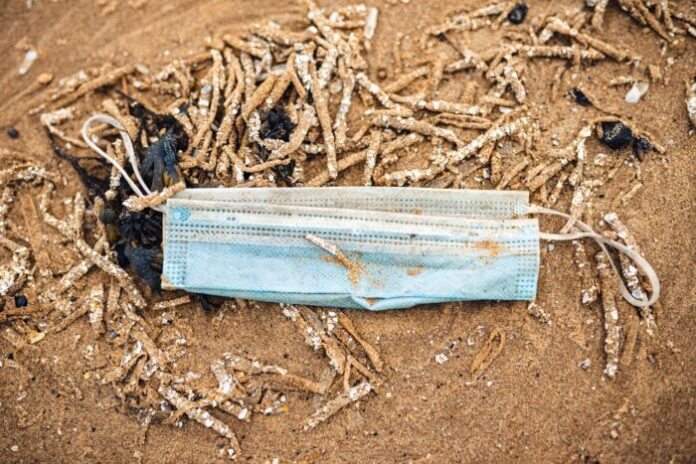
Italy confirms itself as a country that recycles, as emerges in the 2020 Report “Italy of recycling” edited as every year by FISE Unicircular and the Foundation for Sustainable Development. In addition to the in-depth study dedicated to the various recycling chains, this year “Italy of recycling” analyzed the impacts of the pandemic on activities related to waste recycling. Everything was read in light of the transposition of the new European directives on waste and the circular economy.
The pandemic and the lockdown, with the prohibition on circulation and the closure of many economic activities, also had effects on waste management, although diversified according to the supply chains. In the first six months of 2020 there was an increase in packaging waste: + 2% for glass, + 4% for plastic, + 10% for paper and cardboard and + 14% for steel. Conversely, disposals of aluminum packaging (-10%) and wood (-5%) dropped. Overall, CONAI (National Packaging Consortium) expects to close 2020 with a 5% increase in contributions. On the other hand, collections in ecological islands (such as WEEE, or waste electrical and electronic equipment) and those related to commercial and industrial activities that temporarily interrupted the activity decreased.
Organic waste also decreased by around 15%. This good news on the food waste front is determined by the increase in household waste and the simultaneous decrease in collective utilities (both school and office canteens, restaurants, bars). From May to August, with the reopening of many production activities (both commercial and tourist) a certain balance was re-established. The increase in recycled material was recorded in particular in the WEEE and paper sectors. Compared to the same period of 2019, the recycling of animal and vegetable oils and fats, as well as that of aluminum packaging and solvents, remain lower.
Even during the lockdown, the selection, recycling and waste-to-energy plants worked at full capacity, despite the difficulties in guaranteeing the safety of operators. Some plants have increased the number of work shifts and decreased their duration: a procedure that created some problems, which however almost completely returned with the return to normal operating conditions.
A negative effect triggered by the epidemic was the slowdown and cuts in planned investments in the waste sector: 65% of sector respondents said they expected a reduction in future investments
“To develop the circular economy, encourage innovation and new investments”, said Edo Ronchi, President of the Foundation for Sustainable Development, “it would be very useful to reduce the excessively long time for authorizations for recycling activities of waste that generate products ( End of waste). In the use of the European resources of the Recovery fund it is also necessary to finance research and innovation of recycling techniques in critical sectors that have important environmental and development potential (for example the recycling of mixed plastics and some WEEE) as well as finance the ‘innovation to improve the recyclability of some products and to increase the use of recycled material to replace virgin raw materials ”.



































